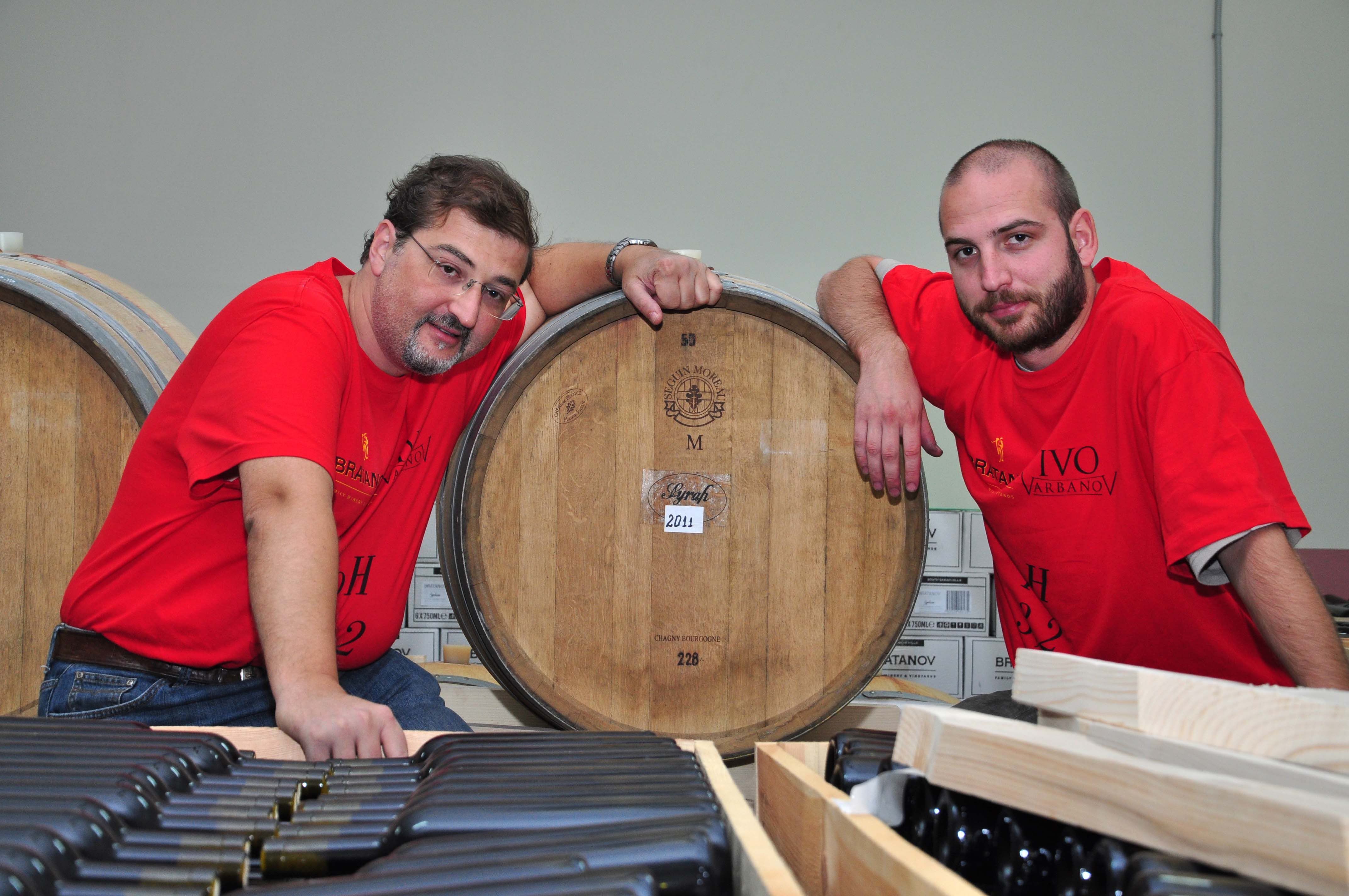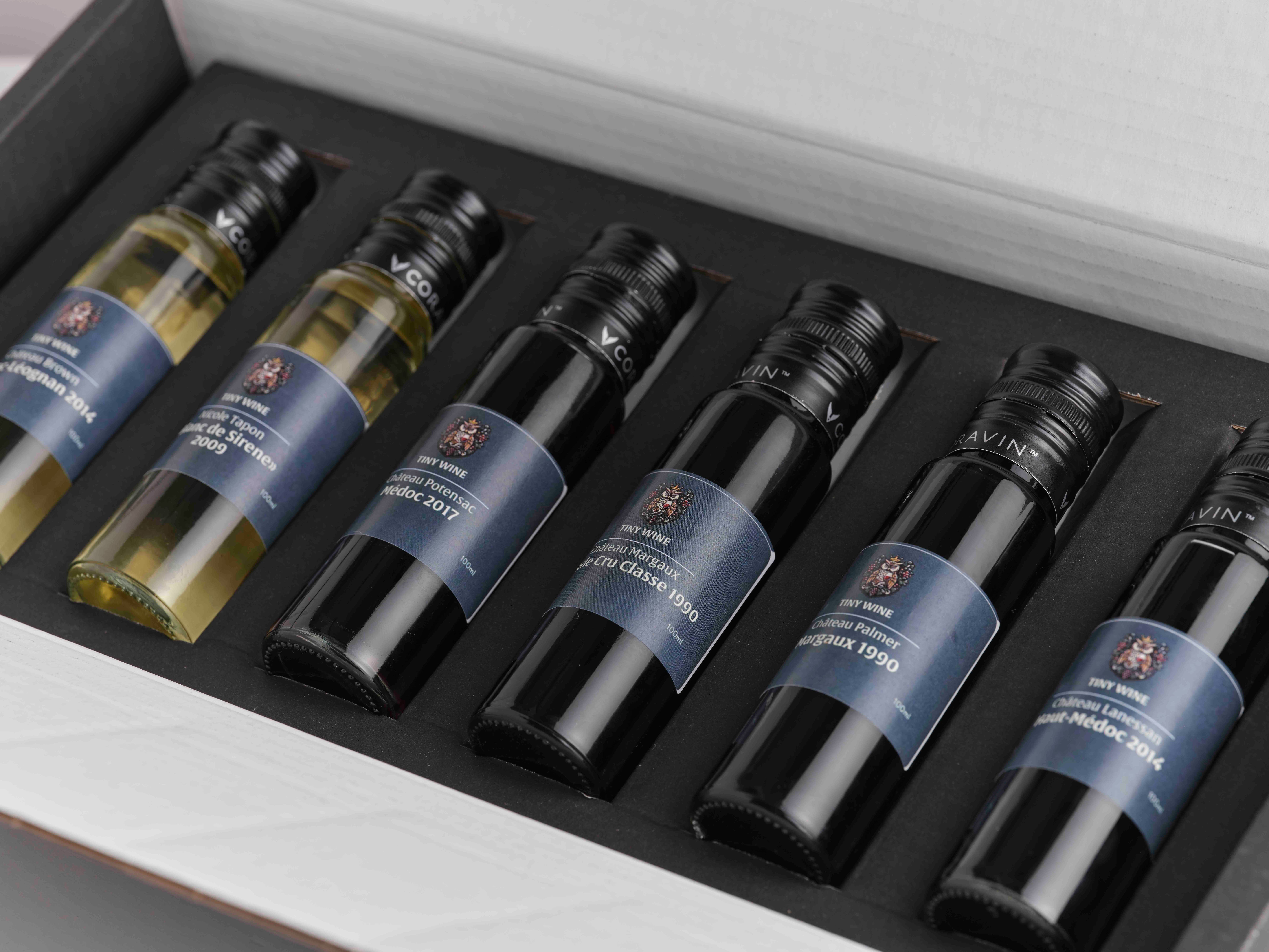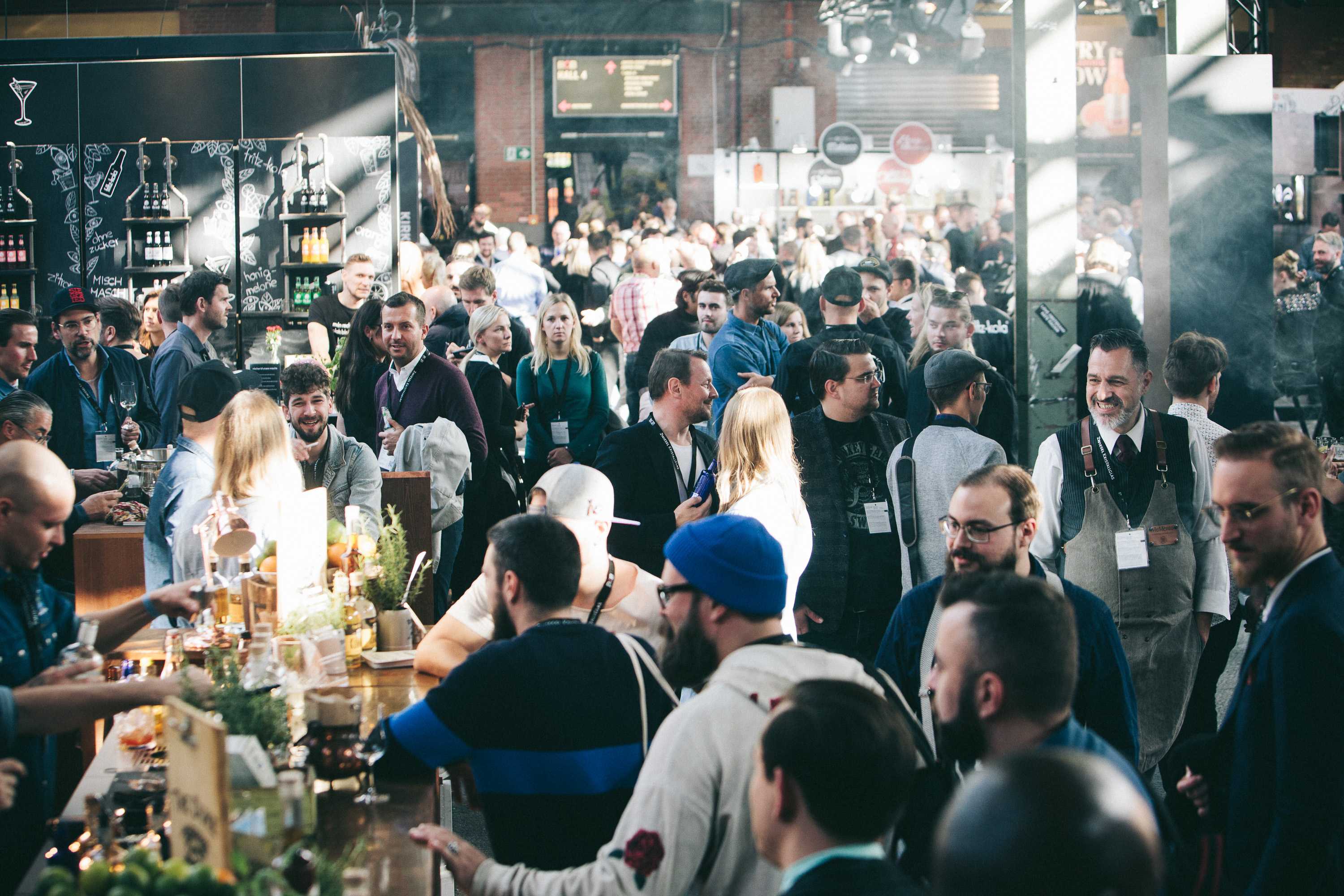The art to finding good wine often comes down to how good the matchmakers are who can put the buyers and sellers together, which is very much the role of the European Confederation of Independent Winegrowers, explains its president, and French wine producer, Thomas Montagne.
Can you tell us about CEVI. When and why was it set up?
CEVI was founded in 2002 and set out with one main intention, to protect the interest of independent winegrowers. These winegrowers play a vital role in producing and delivering high quality products, in the development of rural areas and in raising the profile of European tourism so we believe that it is very important they are supported.
Was the intention to have members from so many different countries?
It has really been a very natural process due to there being so many independent winegrowers all over Europe. There are so many families who have had wineries in the family for many generations and we want to ensure they remain so for many more.
What is the criteria for producers/growers to become members?
We ensure that all members respect and adhere to the philosophy at the heart of being an independent winegrower: ie they cultivate their own vineyard, produce the wine in their own cellar and sell the products to the consumers.
For the past 16 years it has been based on a voluntary basis. The main criteria being that each producer must be an independent winegrower, who owns their own vineyard, and makes and sells their own wine without using a negociant.
How many members do you have and what do they have to pay?
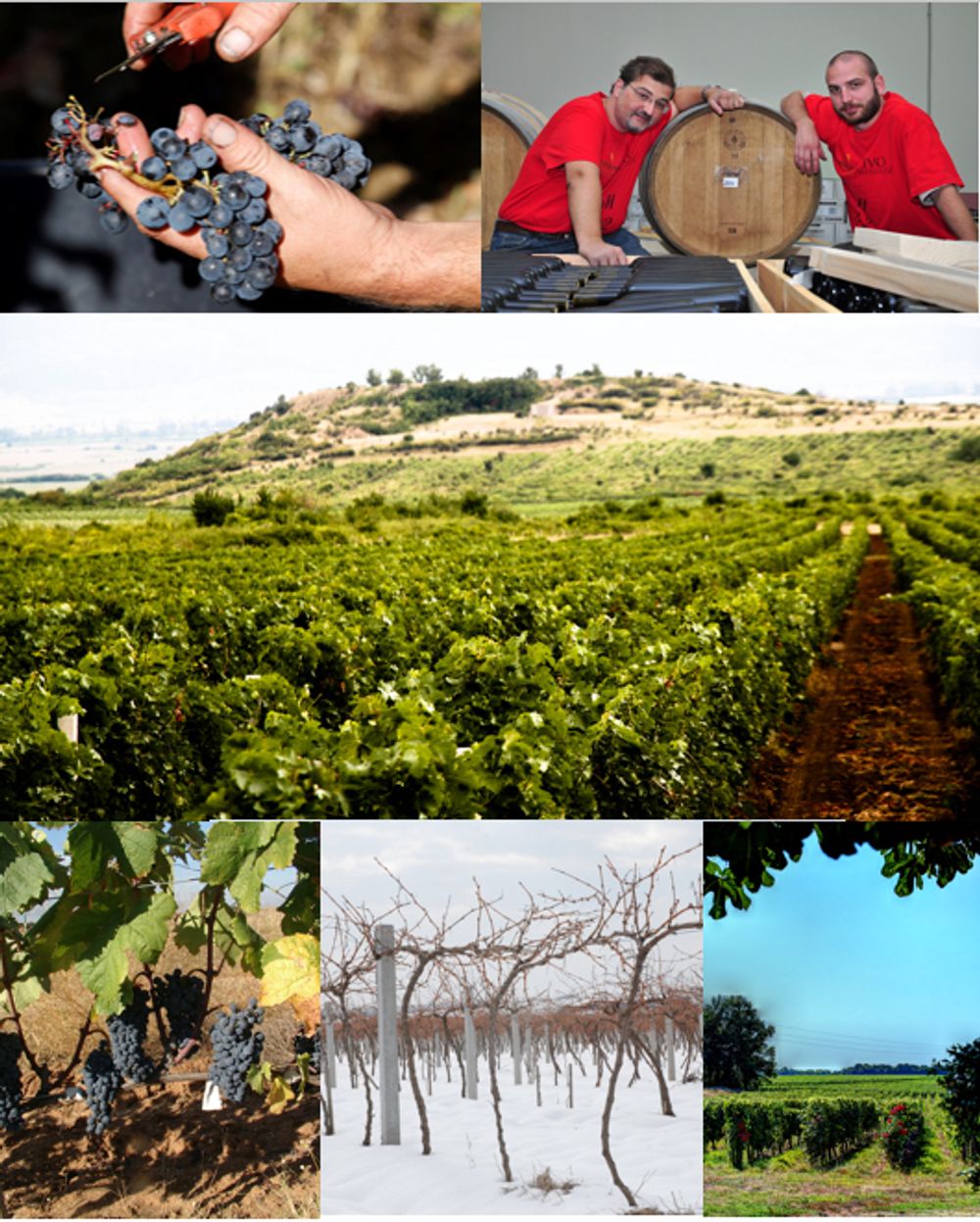
We currently have over 12,000 members across 11 countries: France, Switzerland, Portugal, Luxembourg, Hungary, Slovenia, Montenegro. Bulgaria, Italy, Belgium and Spain. The fee to be a member is dependent on the number of winegrowers within the country. We provide members with the chance to have their voice heard in the EU and to be a part of a family of winegrowers. Members exchange their best practices, advise each other and help find solutions to any problems. CEVI also increases the winegrowers’ visibility within the industry through events such as our first UK Trade Tasting on May 16 in London.
What are the main objectives for CEVI and how do you go about achieving them?
Our sole objective is to represent and protect the interests of independent winegrowers in EU institutions.
This is achieved in four main ways:
- lobbying at EU level, our employees are accredited lobbyists within the European Parliament
- disseminating information from the EU at a national level
- external communications
- working on EU funding projects.
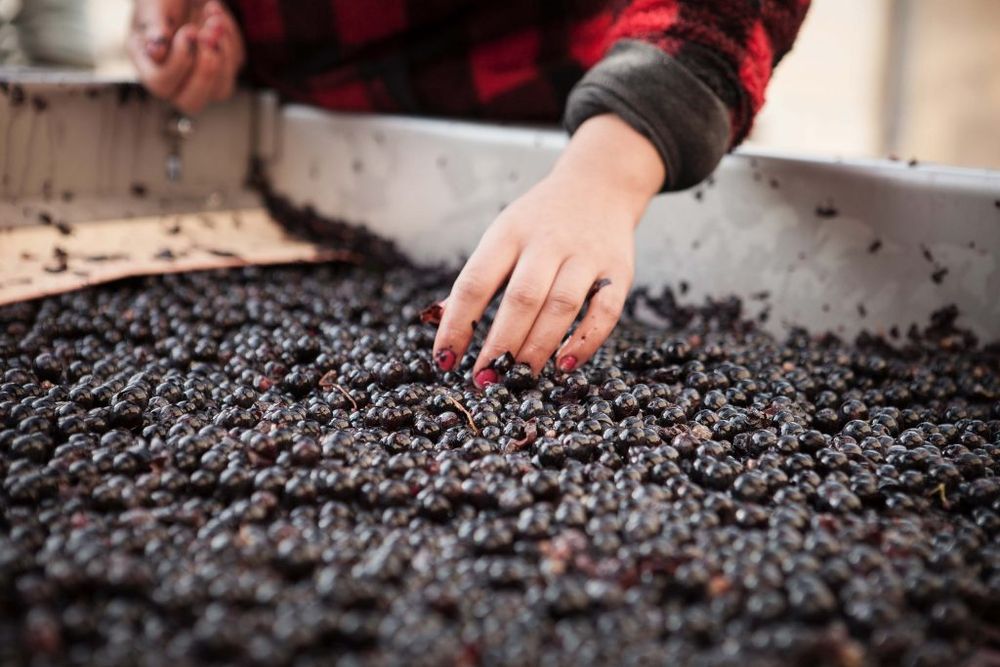
What would you say have been the big successes for CEVI since it was set up?
Our biggest achievement to date has been increasing CEVI’s, and its members’, visibility among EU institutions and growing our voice and influence
What sort of events/ tastings have you held in the past?
We do tastings on a yearly basis in CEVI’s member countries, but this is the first time we are doing a trade tasting as a whole and it is also our first time in the UK. We are incredibly excited to be here and to show our members’ fantastic wines in London. The UK is a wonderfully international and important market for the wine sector and it is always open to new wines so we feel it is a good time. UK buyers also have a keen interest and desire for niche wines and they fully support independent winegrowers.
What sort of wines/price points and routes to market are the producers targeting their wines at?
We are approaching the niche end of the market via independent wine merchants and smaller on-trade companies, suppliers, importers and restaurant buyers.
Can you tell us about your own winery?
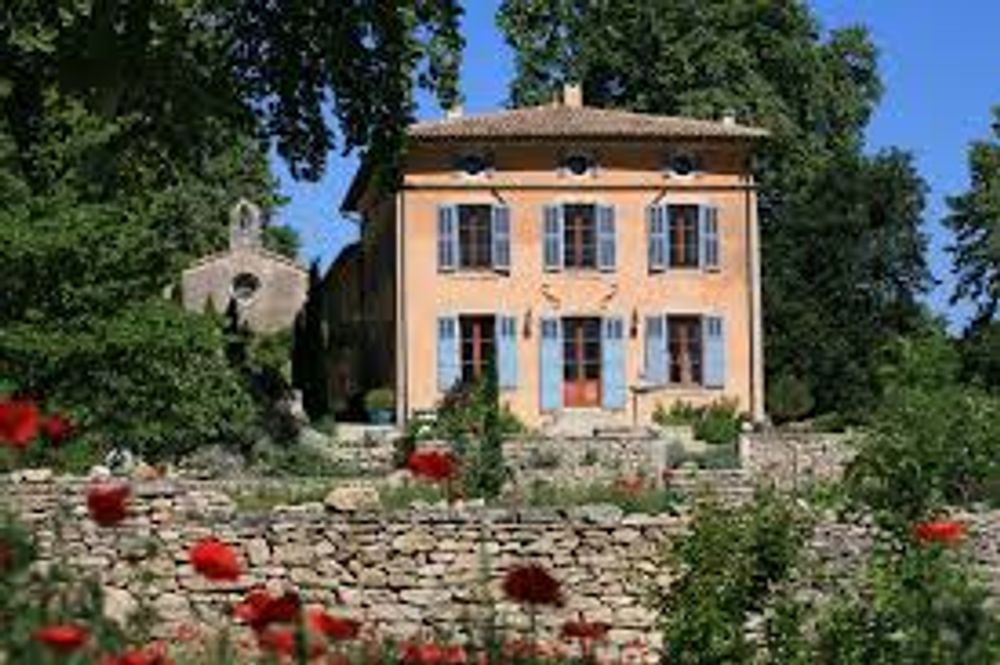
I am based at Château de Clapier, in the Luberon (south-east of the Rhone Valley). The property has been in the family since 1880 and we now have 35ha of vines.
What sort of wines do you make?
The main red grape varieties are Syrah and Grenache, as well as Pinot Noir, which I am very proud to be the only one to use in AOP Luberon! I also have Merlots and Cabernets for PGI wines. For the whites we are using Roussanne, Grenache Blanc, Vermentino and Viognier grape varieties. Rosé is made from Grenache and Cinsaut.
We produce red, white and rose, with a full range of 12 different wines, depending on the blends and winemaking methods. Our RRPs range from €5.40 to €24 per bottle (in France).
The two main wines from the AOP Luberon are:
– Vibrato: fresh wines, young to drink
– Soprano: these wines are more concentrated, with vinification in oak barrels for whites and rosés, and barrel aging for the red
Are your wines available in the UK?
I am not currently selling in the UK but I am looking for representation.
Which of your wines do you think are suitable for the UK and why?
I think the red and white Vibrato could be successful in the UK, especially with summer around the corner.
* The first CEVI tasting takes place on May 16 across two sessions, 11am-2pm and 3pm-6pm, at London’s Lindley Hall, Royal Horticultural Halls, featuring 60 producers from all 11 member countries. To find out full details and to register click here. Please use the password CEVI (capitals) to access the site.
